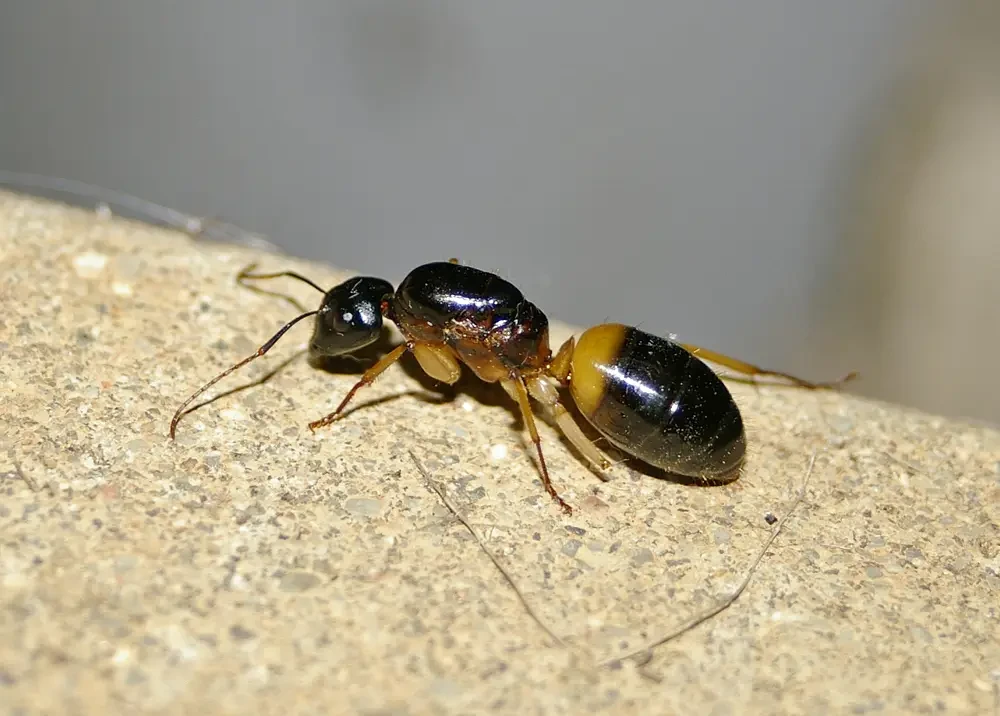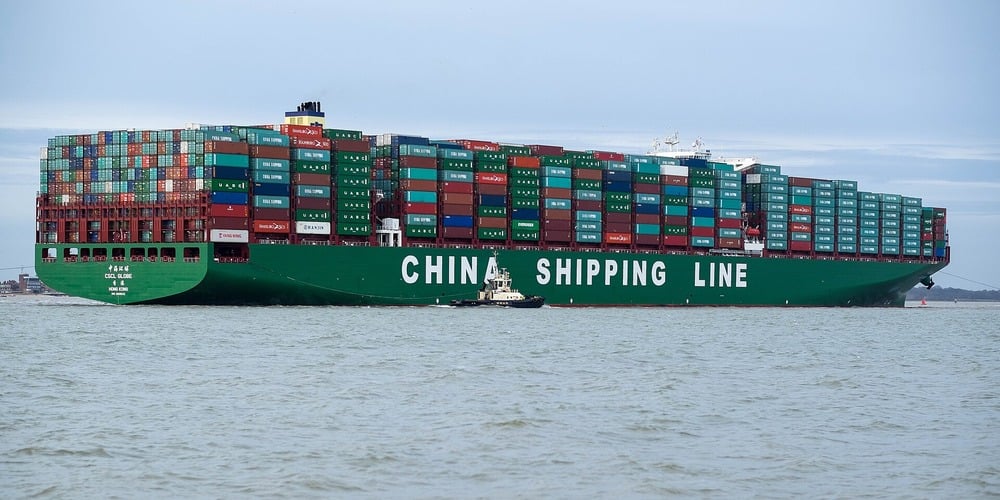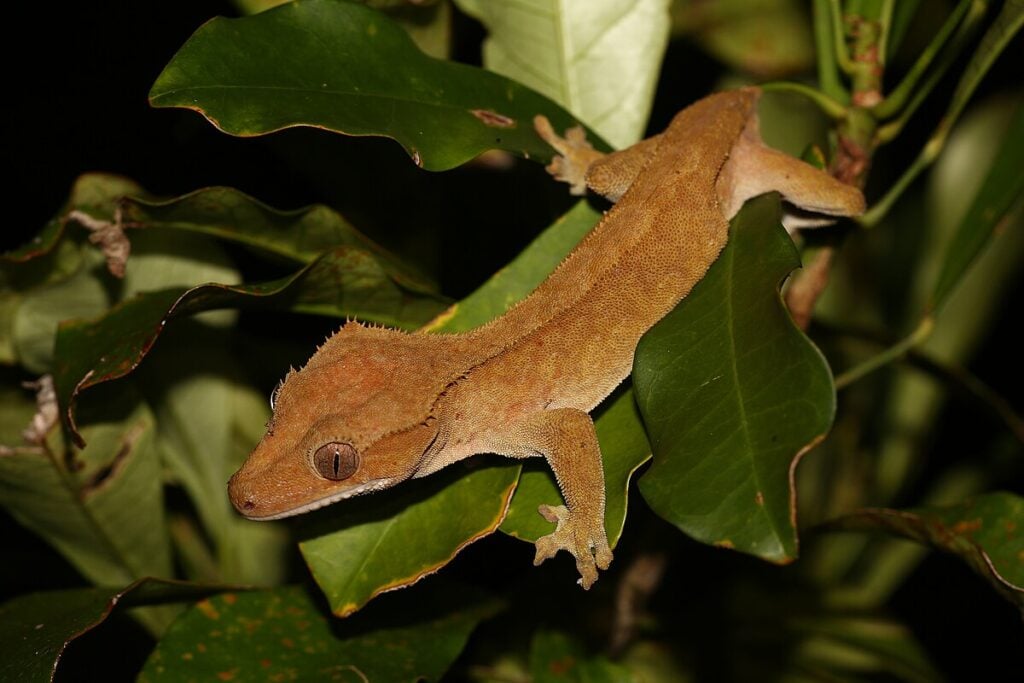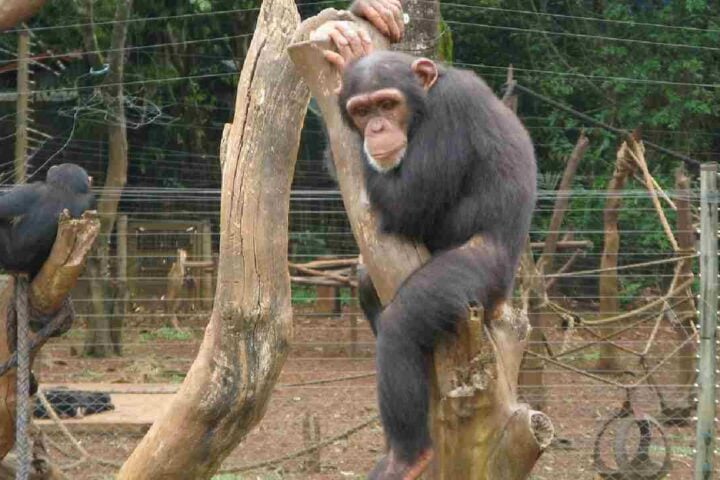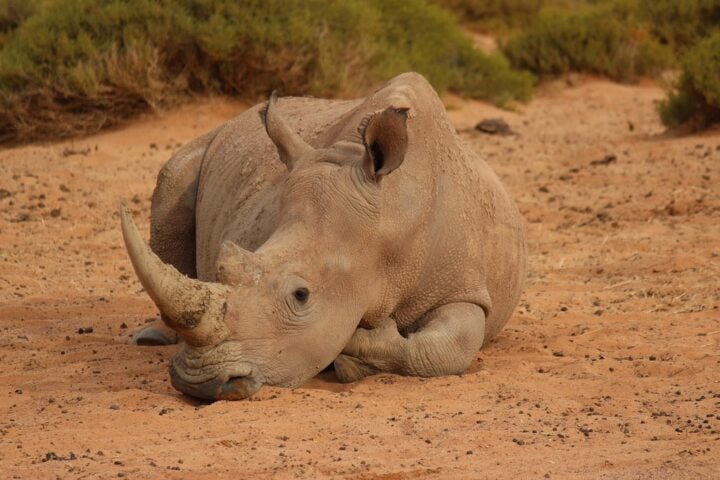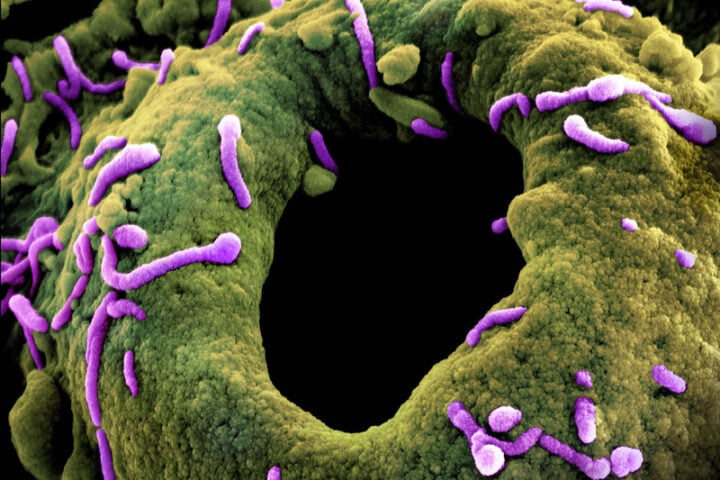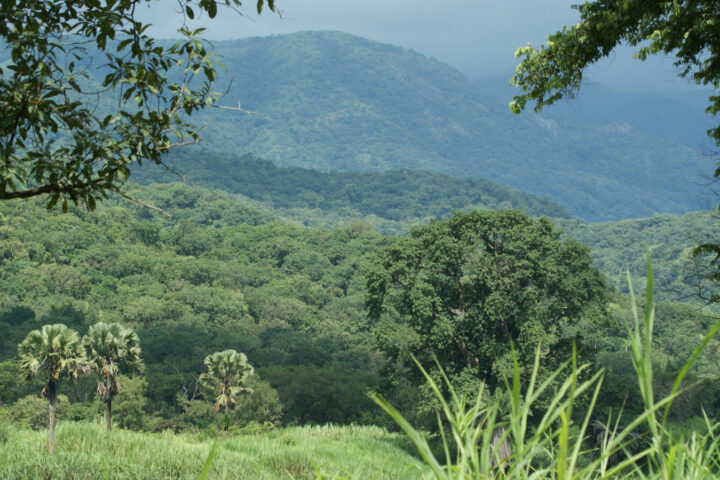In a landmark case highlighting the changing face of wildlife crime, Kenya has fined four smugglers caught with thousands of queen ants at Jomo Kenyatta International Airport.
The two Belgian teenagers, a Vietnamese courier, and a Kenyan intermediary were arrested on April 5, 2025 while attempting to smuggle approximately 5,440 live queen harvester ants.
The insects, known scientifically as Messor cephalotes, were concealed in test tubes, syringes, and small containers designed to keep them alive for up to two months during transport.
On May 7, 2025, Magistrate Njeri Thuku fined each trafficker US$7,700 or 12 months in prison after they pleaded guilty to charges under Kenya’s Wildlife Conservation and Management Act.
The Kenya Wildlife Service (KWS) valued the seized ants at about 1.2 million Kenyan shillings (US$9,300). However, the magistrate noted that when sold on exotic pet markets in Europe, Asia, and North America, the same ants could fetch between €800,000 and €1 million.
“Whether it is an ant or an elephant, we will pursue traffickers relentlessly,” said KWS Director-General Erustus Kanga after the ruling.
Similar Posts
The case marks a significant shift in wildlife crime patterns. While ivory and rhino horn have long dominated headlines, traffickers are increasingly targeting less monitored species like insects.
Entomologist Shadrack Muya notes that harvester ants aerate soils, enhance fertility, and disperse seeds—vital ecosystem services disrupted by removal.
The giant African harvester ant, native to East African savannahs, plays a crucial role in maintaining healthy ecosystems. Each queen is the sole egg-layer for a colony of thousands. When collectors remove queens, entire colonies risk collapse.
Under Kenyan law, exporting live insects requires proper permits from KWS and health certificates. Unauthorized wildlife trafficking can result in fines up to 10 million Kenyan shillings or 10 years imprisonment.
This case follows a 2023 incident where authorities seized 2,500 queen ants destined for Asia, prompting tighter screening at Kenyan airports.
The exotic pet trade drives demand for these insects. Online retailers list individual queen ants for around £99.99 (US$132), but prices can reach €1,200 per queen in specialty markets. Enthusiast communities often coordinate sales through specialty websites, sometimes disguising shipments as scientific samples.
Beyond the immediate environmental impact, experts raise concerns about invasion risks—25% of traded ant species could become invasive if they escape in non-native environments.

In response to these emerging threats, KWS has established a task force to review invertebrate export guidelines and strengthen airport biosecurity measures, with recommendations expected by June 2025.
The four traffickers’ conviction signals Kenya’s commitment to protecting all wildlife, regardless of size or perceived importance. As wildlife criminals adapt their tactics, so too do conservation authorities’ enforcement strategies.
